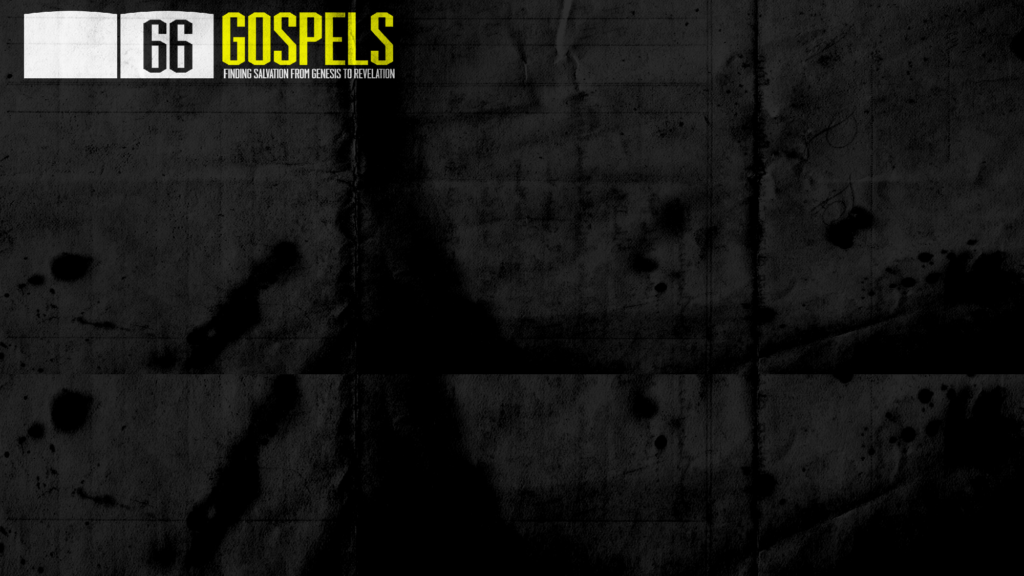1 And it came to pass in those days, that there went out a decree from Caesar Augustus that all the world should be taxed.
2 (And this taxing was first made when Cyrenius was governor of Syria.)
3 And all went to be taxed, every one into his own city.
4 And Joseph also went up from Galilee, out of the city of Nazareth, into Judaea, unto the city of David, which is called Bethlehem; (because he was of the house and lineage of David:)
5 To be taxed with Mary his espoused wife, being great with child.
6 And so it was, that, while they were there, the days were accomplished that she should be delivered.
7 And she brought forth her firstborn son, and wrapped him in swaddling clothes, and laid him in a manger; because there was no room for them in the inn.
The decree by Caesar Augustus that all the world be taxed was a census, in which everyone must travel back to their familial city of origin. Many have argued that this census, according to the historian Josephus, was dated around 6 A.D., 10 years after Herod died. This is when Cyrenius (Quirinius) held the political title of “Governor.” However, the word translated “governer” in verse 2 is “ἡγεμονεύω,” or “hēgemoneuō” which means in a broader sense a ruling officer. Cyrenius (Quirinius) was likely a military officer placed in charge of the census by Augustus at the time. So this is probably not the same census are recorded by Josephus that occurred around 6 A.D. The practical solution to this problem was that there was probably another census that happened before Jesus birth. Most scholars date Jesus birth between 6 and 4 B.C. According to Caesar Augustus’ Deeds of the Divine, Augustus himself notes several major censuses that he decreed between 28 B.C. and 14 A.D.
And Joseph, being of the lineage of David went to the City of David to register along with Mary. Joseph’s lineage traced back to David is important. In 2 Samuel 7, God promises a savior that would be of the seed, or lineage of David. The Gospels provide this lineage in two ways. While Luke’s genealogy (Luke 3:23-38) traces the biological ancestors of Jesus through Mary, Matthew’s genealogy traces the kingly line of Christ through Joseph, his legal father. This leaves no room for doubt that Jesus was, in fact, the promised savior through the lineage of David.
The prophet Micah prophesied, over 700 years before Jesus’ birth, from this very town:
But you, O Bethlehem Ephrathah, who are too little to be among the clans of Judah, from you shall come forth for me one who is to be ruler in Israel, whose coming forth is from of old, from ancient days. – Micah 5:2
It has been fulfilled.
While they were in the City of David (Bethlehem), Jesus was born, and laid into a manger. Likely due to the crowd draw to the city by the census, there was no room in the inn for Joseph and Mary to stay. It is unknown for sure what the exact location of the birth of Jesus was. It may have been a barn, or stable, but could have also been the lower level of a home, that was set aside for the animals to sleep. We do know that Jesus was born at night. At any rate, the fact that Jesus was born among animals indicates his intentions to humble himself as a meek servant. This fascinating display of humility right out of his mother’s womb would set the stage for who he would be during his entire ministry on this earth.











